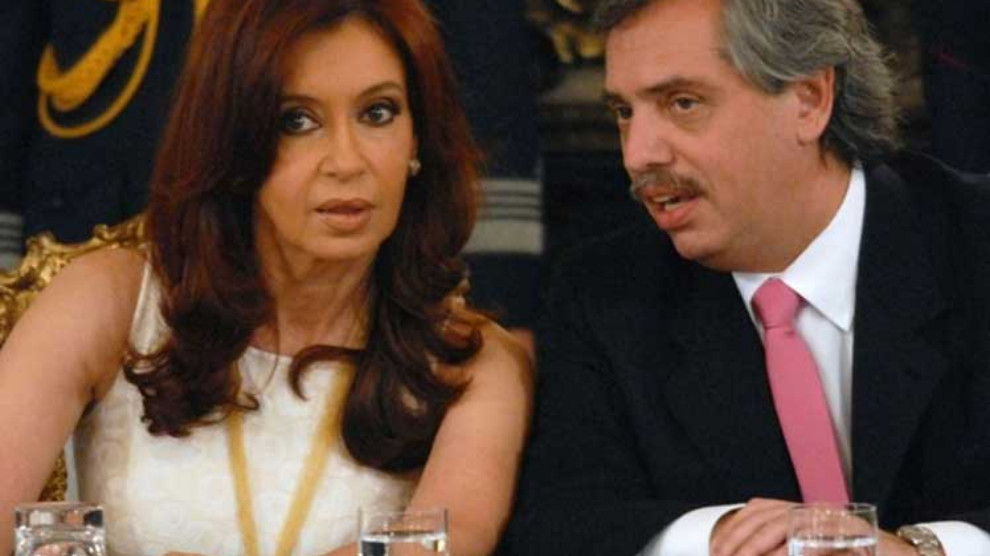A general strike in Argentina paralyses the country
Last Tuesday a broad-based general strike paralysed almost all economic and social activities in Argentina.
Last Tuesday a broad-based general strike paralysed almost all economic and social activities in Argentina.

All the trade union organizations, supported by the numerous and active social movements, guaranteed the 24-hour strike was a total success, as reflected, without exception, by foreign and national media.
This has been the fifth general strike against the policies of the neo-liberal Government of Mauricio Macri, and has managed to reflect the magnitude of the discontent of the majority of the population in the face of an economic policy that in just over three years has doubled the external debt, led the country to the verge of a suspension of external payments, also causing a constant loss of value of the Argentine peso against the dollar, which lost only 50% of its value in 2018.
In addition these policies have unleashed a constant inflation of prices and a real fall in wages, to which we must add the constant increase in unemployment, job insecurity and poverty.
The powerful Argentine trade union movement has also managed, through this unitary strike, to establish itself as an important protagonist in pre-electoral time.
The levels of approval of the President, Mauricio Macri, are at their lowest level, which will undoubtedly influence the results of the increasingly upcoming presidential contest, scheduled for the month of October.
Given this panorama from within Cambiemos, the political alliance that supports Macri, more and more voices raise the option that perhaps it would be appropriate for the President not to present himself for re-election, suggesting in his place the name of the young and popular Governor of Buenos Aires, María Eugenia Vidal, as a possible candidate, a proposal that until now has been openly rejected by the presidential environment.
The announcement by ex president Cristina Fernandez
Just a week and a half ago the ex-President Cristina Fernández de Kirchner, announced her candidacy as Vice-President, supporting the politician Alberto Fernández for President. The unexpected decision of the popular and undisputed leader of the opposition surprised both Mauricio Macri and Cambiemos as well as the rest of the political movements which have hoped that she would directly go for the presidential chair.
The surprise movement of the former president points to different directions: On the one hand, her support for Alberto Fernández as President opens the door to grouping the different factions of the Peronist Party (Peronist) in a united front, given that he is a figure with good communication with both Justicialist Governors, regional caciques, and with the leader of the movement led by Sergio Mass, Peronist sectors that maintain old differences with the former president.
Uniting all Peronists could also have the effect of adding the support of numerous social movements of the left for a candidacy with real options to beat the hard neoliberalism put into practice by Macri, and thus return to policies where State intervention in the economy and the social was a sign of identity.
An issue also to be taken into account is that although the figure of Cristina Fernandez is very popular according to the polls, it also generates a certain "visceral" rejection in an important part of the urban sectors of the petty bourgeoisie that previously voted to change, but they prove to be clearly dissatisfied with their management. Another reason for the decision of Cristina Fernandez is obviously to prevent the use of the judiciary against her person, disabling her at the last minute as a candidate, reissuing thus the Brazilian model used against Lula Da Silva that opened the door to the election of the far right Jair Bolsonaro.
The ex-president has currently four judicial proceedings against her for alleged corruption and embezzlement, and all indications point to a judicial assembly without solid evidence, intended precisely to prevent her aspiration to the Presidency.
First surveys and open challenges
The first polls after the announcement of Cristina Fernández, point to a potential victory for the team Fernandez-Fernandez in the first round and a technical draw in case of a second round.
There are still several months before the elections and in this time many things can happen, for the moment the results of the general strike point to a strong social consensus against the policy of Maurico Macri but translate the dissatisfaction into conscientious suffrage is something else, and in that sense we will have to see what is really the political, social and economic program that guides the opposition proposal, since the same will be the result of a complicated negotiation between the various sectors that want to end the neoliberalism at all costs implemented by MMauricio Macri for four years, with disastrous economic and social results for the majority of the population.